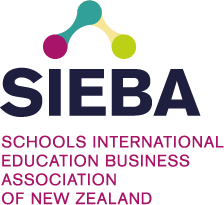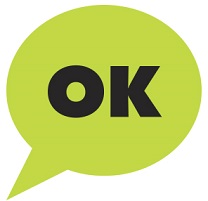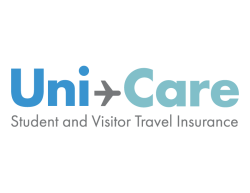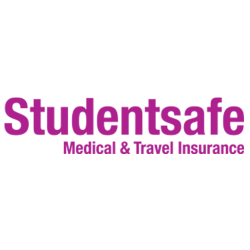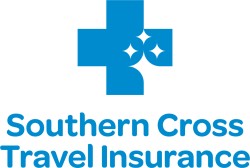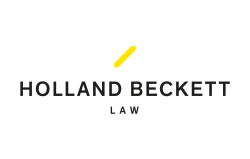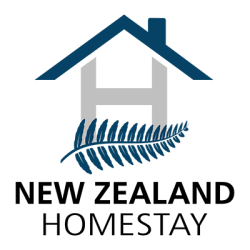How the health system works
New Zealand’s health system is likely to be very different from the health system in international students’ home countries. This page should give you the information you need to advise students when they first come to New Zealand, and to access support on their behalf if necessary.
Emergencies
If a student needs urgent medical attention, make an emergency 111 call.
If you’re not sure whether it is a medical emergency, call Healthline for advice on 0800 611 116.
Medical insurance
All international students must have medical insurance. Students with study visas are not permitted to access free healthcare unless they have an accident (see ACC).
Seeing a GP
Students who need medical help in non-emergency situations should make an appointment with a GP.
International students are not eligible to enrol in a GP practice, but can register as unenrolled patients. While they will not be entitled to cheaper visits or subsidised medication, students living in an unfamiliar culture away from family support may find it helpful to build a relationship with a doctor.
GPs can:
- diagnose and treat patients
- give medical advice
- prescribe medication
- send patients for further tests
- refer patients to specialists. In most cases, patients cannot see specialists without a referral from a GP.
When visiting a GP, students:
- should make an appointment. They may need help from their homestay family or international staff
- can request a male or female doctor if preferred
- can take a translator. Translators are available for GP visits for students living in metropolitan Auckland
- may be asked about their previous medical history in their home country.
Going to a pharmacy
Students are likely to have to pay for any medication they receive from the chemist. They should keep their receipts so they can claim the money back from their insurer.
They can also go to a pharmacy to:
- buy over-the-counter medicine for minor health problems, such as hay fever
- get advice on medications, such as dosage and side effects
- get free medical advice about minor health problems
- get education about healthy living.
After hours medical centres
If students need medical care when medical centres are closed, they can visit a doctor at an after hours service. The visit may cost the same or more as seeing a GP. Students should pay the charge and keep the receipt, so they can claim the money back from their insurer.
An after hours doctor:
- will inform the student’s GP of the illness and any treatment given
- may ask the student to make a follow-up appointment with their own GP, if necessary
- may refer the student to a hospital or a specialist radiology department, if an x-ray is needed and the medical centre doesn’t have x-ray facilities.
Going to hospital
International students aren’t eligible for free hospital care, and will have to pay for any hospital treatment.
If they visit a GP, students have to pay the doctor and then claim the money back from their insurer. However, students who have hospital treatment don’t have to pay directly. Staff will ask students for their insurance details and then contact the insurer to arrange payment.
For pre-existing conditions, students should contact their insurer in advance to see if they’re covered.
Accident Compensation Corporation (ACC)
International students are not eligible for free medical care in New Zealand unless they need treatment for an accidental injury.
ACC will pay for most of the treatment for accidental injuries. A student may be asked to pay a small amount towards the treatment, but can claim this back from their insurer.
ACC may also help with:
- transport costs to help the student get to school, if the injury prevents the student going to school in the usual way
- any additional study costs related to the injury
- paying out a lump sum if the injury causes long-lasting or permanent physical impairment
- paying 80% of wages if the student is working and can no longer work because of the injury.
Physiotherapy services
If a GP or hospital doctor refers a student to a physiotherapist after an accidental injury, ACC may pay all or part of the cost.
Students will have to pay for the cost of physiotherapy if they do not have a referral from the GP or another health specialist. They should check with their insurer to see if the cost will be covered.
Counselling services
International students who need counselling can see a school counsellor or a GP. In some cases, GPs refer students to a community mental health service or other services. Not all counselling services are free to international students, so students should ask their GP about costs.
Students can make an appointment to see a counsellor or psychologist without a referral from their GP. They should check with their insurer in advance to see if the cost of counselling is covered.
Counselling is available in languages other than English in most large cities.
Interpreting services
Some doctors, hospitals and other health providers use Language Line, a free telephone interpreting service that offers interpretation in 44 languages. You can also phone Language Line directly for interpreting services.
Resources: NauMai NZ, ENZ, Healthpoint, Mental Health Foundation, New ZealNew Zealand Nowand Now
